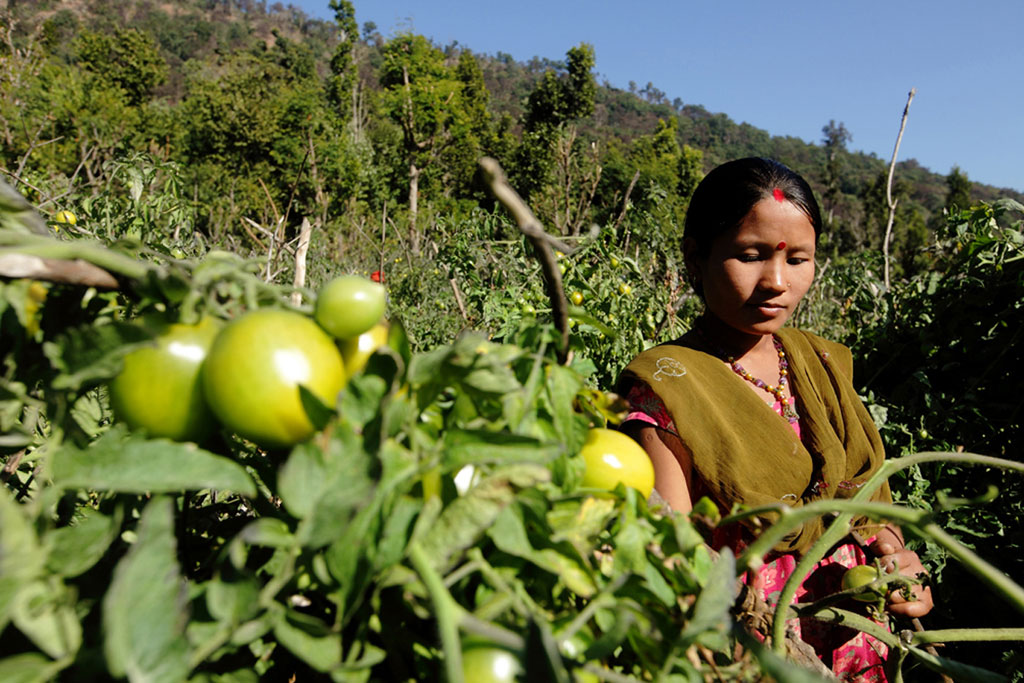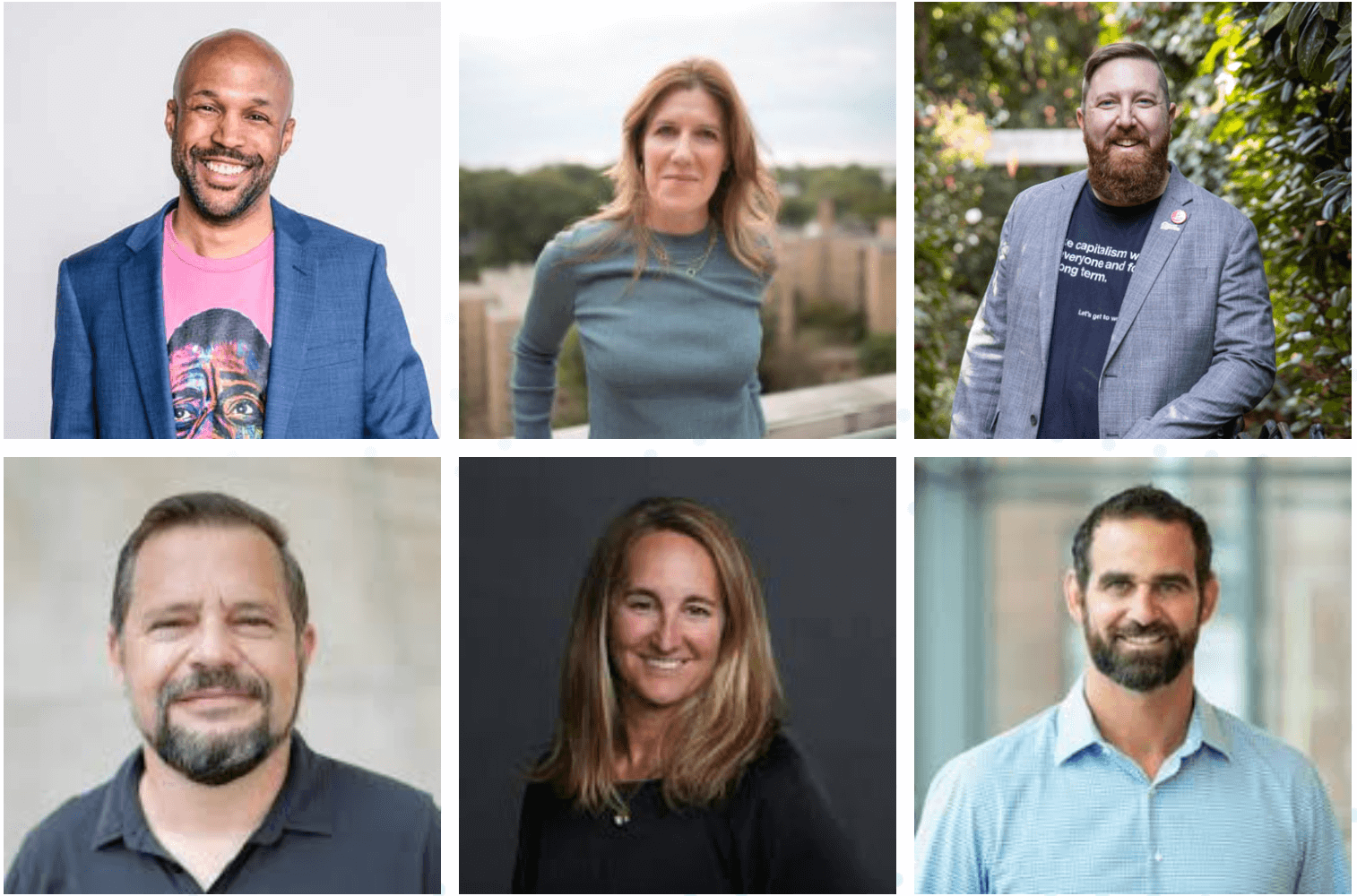I’ve been working on investing with a women and girls focus for a long time. And my husband has been working on his running for a long time. He’s an ultra-marathoner – a good one. He’s both a natural, and he works at it. What do these things have to do with each other? It’s about practising, training, working at it. And… personal bests.
 Lately I’ve been analysing my own portfolio, to see where gender lenses can be found. That can mean investing in something that is directly about women and girls – like a women’s finance media company – or investing in something that has a strong women and girls impact but doesn’t call it out clearly. Like a company working on tech for aging, or a company working on online psychological counselling. They don’t lead with gender. They lead with a problem to solve, a solution, a business proposition. But inside and around those companies, there are gender patterns all over the place. These are investments that I made through my angel group in the UK – Clearly Social Angels.
Lately I’ve been analysing my own portfolio, to see where gender lenses can be found. That can mean investing in something that is directly about women and girls – like a women’s finance media company – or investing in something that has a strong women and girls impact but doesn’t call it out clearly. Like a company working on tech for aging, or a company working on online psychological counselling. They don’t lead with gender. They lead with a problem to solve, a solution, a business proposition. But inside and around those companies, there are gender patterns all over the place. These are investments that I made through my angel group in the UK – Clearly Social Angels.
I didn’t study women’s studies in school. I studied business and communications. So I don’t naturally have the background in gender analysis. I have to work at it.
[blockquote author=”Suzanne Biegel, The Women Effect” pull=”pullleft”]Maybe there will be a soundtrack. Music to listen to while you’re upgrading your due diligence with a gender lens. Listen for it. [/blockquote]
I’ve been practicing teaching, sharing a framework and a set of tools, for about a year, with the Criterion Institute, on how to upgrade any due diligence on an investment, with a gender lens. This means thinking about where gender patterns show up in our investments, consciously or unconsciously, and how we act upon them – asking, how do any investors act on those patterns? How are those patterns situated in a context and geography, an industry or a sector? If I’m looking at an energy investment in East Africa, or an education investment in East London — what questions could I be asking that would make me a smarter investor? How can we systematise this so that others can do it, so that we can all practice this, try it, test it, and see what comes out? Criterion’s recent report The State of the Field of Gender Lens Investing sets a brilliant context for this.
My husband has become a really good ultra marathoner. He’s paying attention to his fitness, his nutrition, the weather, the road, his shoes, and his sleep in a whole new way. He can’t go back to being not-conscious of these things and he sees the impact this consciousness. It didn’t happen overnight. He has been training, upwards of 40 miles a week, for four years. He has a special watch and he has apps. He is part of a running crew. He has markers to point to success – often in the context of races and competitions or “PB’s – personal bests.” His friends celebrate each other’s success. They talk through what didn’t work. Then they go out and do it again. Once in a while someone gets hurt. But then they get better. They are all in. Some just run. Some analyse everything: to get better.
So I go back to gender lens investing: to women and girls. I’m practising looking at gender, at gender patterns, and where the women and girls show up – looking at where they don’t show up, at and where there is positive or negative or neutral impact from where and how they do show up, in context of an investment. And now I can’t not notice it.
Like running, like any field of endeavour, with a goal, we need to practise. We need to build up muscle. Find the right shoes. Find the right soundtrack. Notice the weather, the terrain. Maybe get a few cool apps. Sometimes, get a coach. And there’s context: what is it like in Nairobi versus New York? Who is in the mix? Can we see different outcomes?
People are writing about the impact of women on boards, or gender balanced teams. They are noticing that some women are better than some men in certain roles – and where society has a mismatch around those patterns. It’s not just an intellectual exercise. It has massive implications. When we have the number of issues that we do in the world where fortune disproportionately favours one gender, or disadvantages another, it can be, literally, fatal. Or conversely, it can lift people up; it can lift up entire economies.
Like becoming an excellent runner, you don’t just wake up one day and do this well. I get down on myself sometimes for not having it better figured out. I’m a reasonably smart person. Why don’t I have this down yet? But everyone has to start somewhere. And this field is young. We have a lot to learn. It’s not just me.
One of the places I’m starting is within my angel investing. Another is in looking at any new fund or investment vehicle I’m evaluating. I’m asking new questions. I’m testing the answers. I’m looking for patterns and data. I’m saying – how does this look in a mountain run versus a country lane run?
I’m seeking out domain expertise and I’m sharing my questions with others to practice. And, I’m continuing my work with Joy Anderson, and Criterion Institute, and Wharton Business School (where I’m an alum and sit on the Global Social Impact Investing Advisory Council), and Said Business School – where Linda Scott is leading from an academic point of view, and many other people and organisations, to see how we can make this a process and a field of expertise to share.
I’ve tested it at SoCap and with European Venture Philanthropy Association. And maybe, there will be a soundtrack. Music to listen to while you’re upgrading your due diligence with a gender lens. Listen for it. Or send me your song suggestions. And stay tuned for more info on my new initiative: Women Effect. It’s all connected.
[seperator style=”style1″]Disclosure[/seperator]
This post is part of the conversation around the new report, “State of the Field of Gender Lense Investing” and is published in partnership with Criterion Institute. Join the conversation by sending your thoughts to [email protected].











